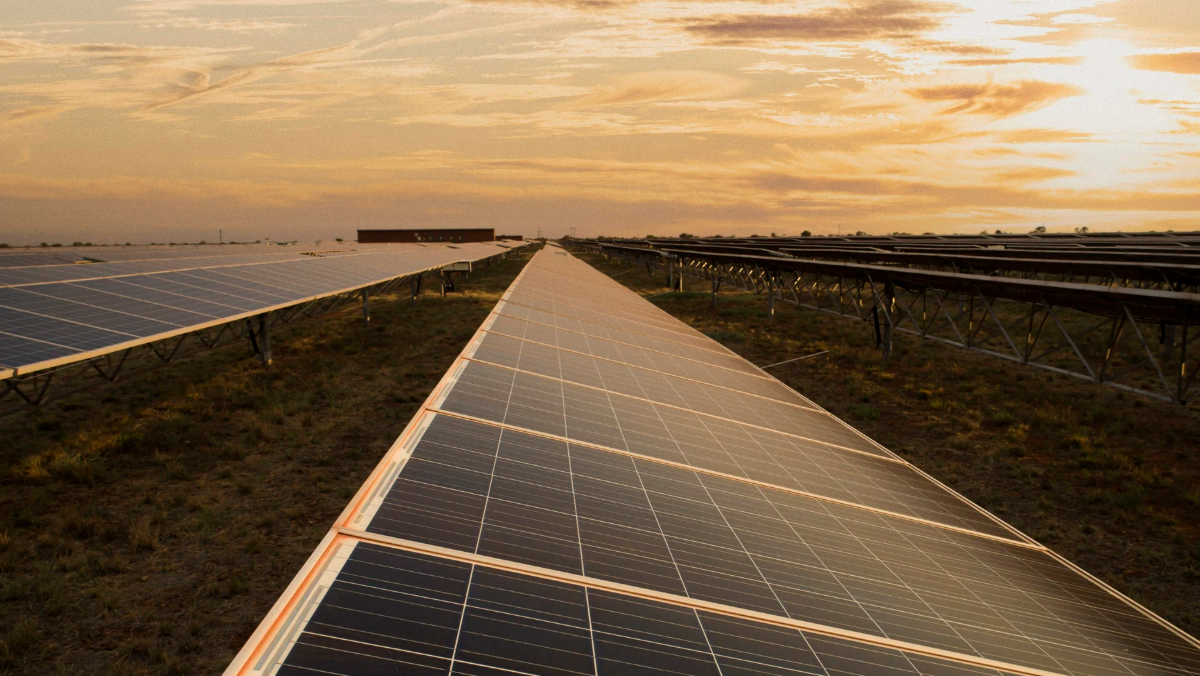Generation

Solar explosion in South Africa

African countries maintained a brisk pace of solar power installation last year and the sector looks set to keep growing in 2025, according to a new industry report.
The Global Solar Council (GSC) estimated that the continent added 2,400 megawatts of solar generation capacity in 2024, slightly less than the year before, which it blamed on the slackening rate of installations in South Africa after a bumper year in 2023.
The industry lobby group, in a report published Wednesday, predicted 42% growth in new installations in 2025, in part because it expects several important projects that were delayed in 2024 to be brought online this year.
“Africa is expected to cumulatively install 23 gigawatts of new solar capacity between 2025 to 2029, more than doubling its 2024 cumulative installed capacity in only four years,” it said, arguing that fuel price swings and costly electricity make solar a good option for the region.
GSC Market Intelligence expects that South Africa will add around 6.5 gigawatts of the new solar capacity, working out to 28% of the total.
According to Eskom, there was roughly 9 gigawatts of solar capacity in the country by February 2025, 6.2 gigawatts of which was contributed by private “behind-the-meter” rooftop installations.
While South Africa and Egypt are the largest markets, there’s also been rapid growth in West Africa, with Ghana nearly quadrupling its installations to 94 megawatts of solar power.
Burkina Faso grew its solar by more than 120% last year to 87 megawatts, while Nigeria installed about 73 megawatts, according to the council.
“Many African countries continue to face electricity shortages and frequent power outages, pushing businesses and households toward solar as a reliable alternative,” it noted.
Analysts separately said that US President Donald Trump’s withdrawal from climate action, including pulling out of a major initiative to spur the transition to green energy in countries including South Africa, won’t derail billions of dollars of climate projects.
Even so, Africa’s solar expansion is being held back by capital costs that are about seven times higher than in developed countries. Africa still accounts for just 3% of global energy investment, the GSC report found.
“Many projects are struggling to secure financing because of high interest rates, currency risks, and lack of guarantees,” said Léo Echard, policy officer at GSC and lead author on the report.
“If we can reduce the cost of capital, Africa could become one of the fastest-growing solar markets in the world.”












